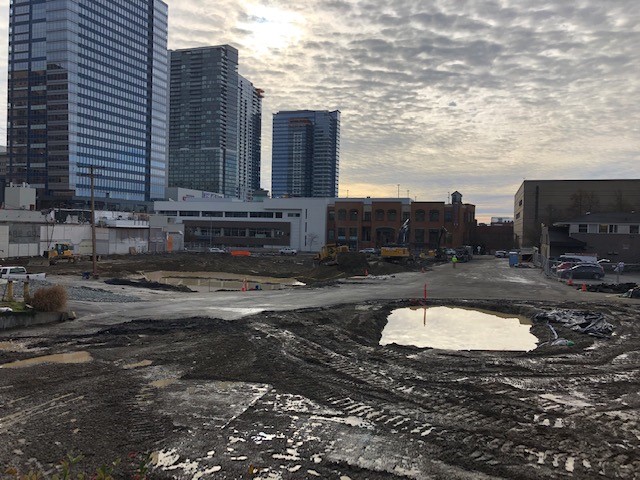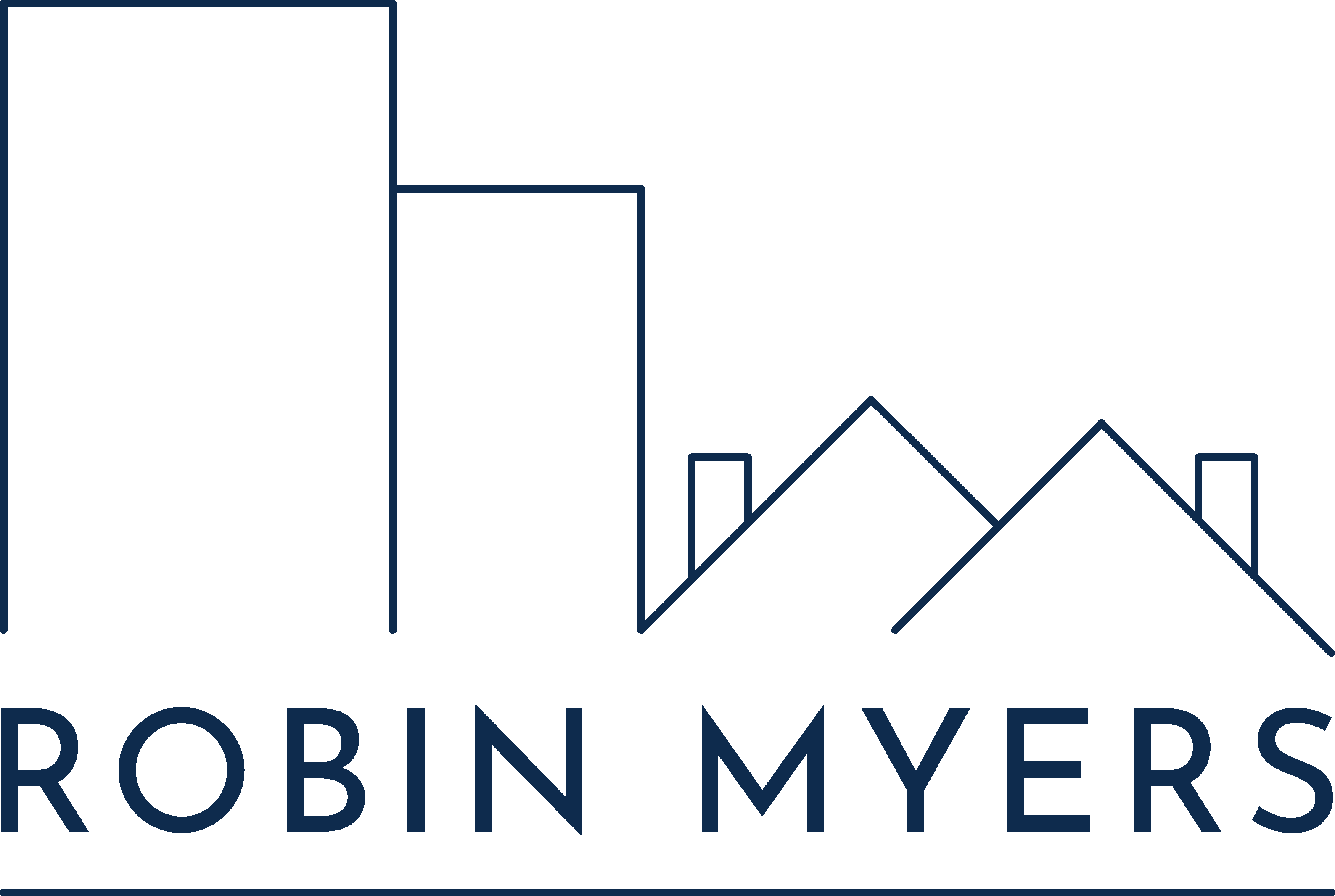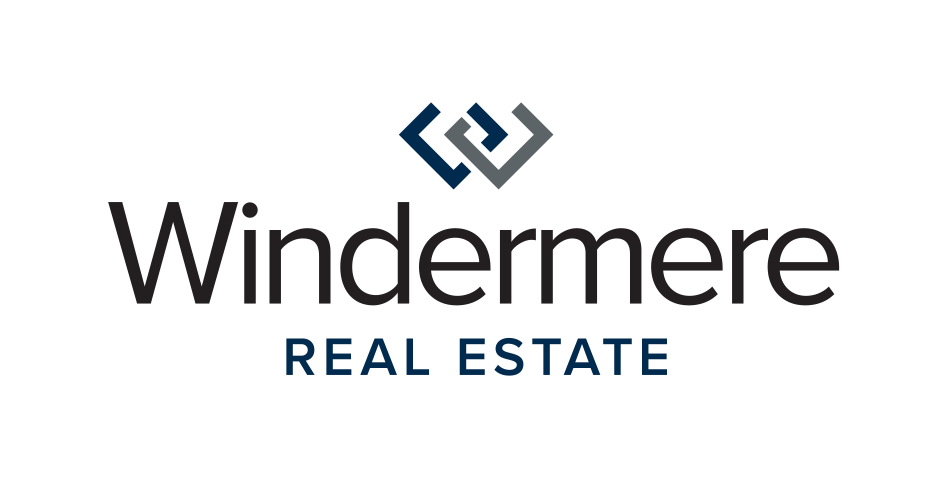Downtown Bellevue Condos – Year-to-Year Stats

Demand for urban housing remains strong, and with Amazon’s projected growth in downtown Bellevue, along with other corporations’ expansion plans, high demand is expected to continue over the next few years. Before the coronavirus outbreak and Stay Home/Stay Healthy order that went into effect in mid-March, the local condo real estate market was off to a very strong start.
2019 DOWNTOWN BELLEVUE CONDO SALES
1/1/2019 thru 3/31/2019 4/1/2019 thru 4/16/2019
39 sales 16 sales
2020 DOWNTOWN BELLEVUE CONDO SALES
1/1/2020 thru 3/31/2020 4/1/2020 thru 4/16/2020
55 sales 13 sales
First quarter downtown Bellevue condo sales were up significantly compared to the same period last year. Moving into the second quarter, numbers for the first half of April are surprisingly similar year-to-date, despite the impact of the COVID-19 health crisis. It’s possible this April’s sales stats reflect contracts written in early March just prior to (and perhaps to secure a home) before the anticipated shelter in place order.
Though well below normal for this time of year, homes continue to be listed for sale, and buyers are writing offers on some of those homes. Many sellers and buyers, for health and safety reasons, have chosen to put plans on hold until the shelter at home order has been revised or lifted and there is a better sense of what “normal” is going to look like. Like many businesses, it is expected the current strict restrictions on the real estate industry will be lifted gradually. What will the summer market look like? It’s tough to say, but based on activity during the first quarter, the high number of property and virtual tour views on websites over the past several weeks, and conversations with clients and potential buyers and sellers, summer may pick up right where the first quarter left off.
Do You Need to Disclose a Video Security System When Your Home is Listed for Sale?
Today’s home security systems are plentiful, inexpensive and easy to install. While they can provide peace of mind, when you list your home for sale, are you required to disclose the operation of a home video or audio security system?
Washington State law makes it very clear – it is UNLAWFUL for anyone to record, by any device, the private conversation of others without their consent. (RCW 9.73.030). Disclosure of an audio monitoring system or device, warning of the monitoring system, is not sufficient. Giving warning is not the same as obtaining the consent of all involved in the conversation.
There is no law prohibiting a seller from having a video only system to record movement or physical actions inside the home; Washington State law prohibits only audio recording. The seller and listing broker should disclose in the MLS listing and inside the home that there is an active video security system and warn visitors they may be recorded while in the home.
Affordability and ease of installation has made home security systems more common. While many systems record only movement, some (including infant monitors) include audio listening devices. If a seller refuses to disable active audio surveillance, and records audio without gaining the consent of the speakers, seller will be in violation of state law. If a seller has additional questions or concerns relating to this issue, they should seek legal counsel.
Excavation Started at Avenue Bellevue

 With demolition complete, excavation has begun at the Avenue Bellevue site located at the northwest corner of Bellevue Way NE and NE 8th Street. (This is the former Cost Plus site, or if you’ve been around Bellevue for a while, the former Albertsons grocery store.) The mixed use project will include 85,000 square feet of retail, the Pacific Northwest’s first Intercontinental Hotel and 322 luxury condominiums positioned in two towers. Completion is projected for mid-to-late 2022.
With demolition complete, excavation has begun at the Avenue Bellevue site located at the northwest corner of Bellevue Way NE and NE 8th Street. (This is the former Cost Plus site, or if you’ve been around Bellevue for a while, the former Albertsons grocery store.) The mixed use project will include 85,000 square feet of retail, the Pacific Northwest’s first Intercontinental Hotel and 322 luxury condominiums positioned in two towers. Completion is projected for mid-to-late 2022.
Bellevue’s Condo Market is Off to a Quick Start This Year

Today’s Seattle Times (link to the article below) provided a review of the region’s 2019 real estate market comparing sales activity and property values to the prior year. While prices in the county were flat throughout the year, the last quarter of 2019 bucked that trend with inventory selling quickly and multiple offers more common.
There are currently only 26 condominiums listed for sale in all of Bellevue. Since January 1st, 11 new condos were listed for sale – all have sales pending and many received multiple offers. What’s driving the spring market?
Low mortgage interest rates. Fannie Mae conforming loan limits increased to $741,750 in King County. (Jumbo loans will have slightly higher interest rates.) Conventional and FHA loan programs offer low down payment programs (3%, 5%, 10%) for qualified buyers, making it easier to purchase a first or move-up home.
Amazon is scheduled to start moving employees into the former Expedia office tower in downtown Bellevue this summer. Amazon has also signed leases for several office towers currently under construction that will be completed in the next 9-24 months. Employees who know their jobs will move from Seattle to Bellevue are already searching for homes in Bellevue.
Buyers want shorter commutes, and they’re willing to make compromises for less car time and more personal/family time. There are dozens of condo communities within a 15 minute or less commute to Bellevue’s central business district as well as Kirkland and Redmond workplaces. Those communities are in high demand.
The “spring” market is off to an early and active start. The next few weeks should set the pace and reveal what buyers and sellers can expect in the coming months.
Eastside Condos – What Can You Expect in 2020?

 Today’s Seattle Times and Puget Sound Business Journal reported that the 2020 real estate marketplace was likely to open fast paced with low inventory levels and high buyer demand following a robust December of residential sales. Without a significant increase in available housing inventory it could be a “red hot market” this year with a return to multiple offers and rising prices.
Today’s Seattle Times and Puget Sound Business Journal reported that the 2020 real estate marketplace was likely to open fast paced with low inventory levels and high buyer demand following a robust December of residential sales. Without a significant increase in available housing inventory it could be a “red hot market” this year with a return to multiple offers and rising prices.
While most of 2019 was relatively flat for home sales and property appreciation in King County, the last quarter of the year ended up being the most active in recent years. The same was true for Snohomish, Pierce and Kitsap Counties.
Downtown Bellevue’s condo market was no different – flat throughout most of the year with a flurry of activity in the last quarter. There were 258 downtown condo sales in 2019 reflecting a median sales price of $729,500, less than a 1% increase over the prior year. More notable is that 46 of those 258 condos sold during the last quarter and the median sales price for the last 90 days of the year was $869,500. There are currently only 16 condos listed for sale in the Bellevue downtown/98004 zip code.
More jobs are coming to downtown Bellevue this year and continuing for the next few years as companies plan to move to or expand their footprint in Bellevue. Employees, anticipating a move to the Eastside, are already searching for homes close to workplaces and transit. Location, location, location is still true in real estate, but of growing importance are transit options and access to those workplaces, schools, amenities, services, etc. Communities in and near downtown will be in high demand as buyers more on available transit options (light rail, bus, ride services, bike, etc.) to reduce commute time and regain quality of life. Location will always favorably impact value, but the word for this decade may be “transit” when it comes to property values and market desirability.
Don’t Ignore Condo Resale Disclosure Documents

In this fast paced, competitive real estate market, it’s common, in an effort to “win”, for buyers to waive contract conditions such as inspection, financing, appraisal, neighborhood review, etc. Buying a condominium is different than buying a house. With condominiums perhaps the most important contract condition in place to protect a buyer is the homeowner association (HOA) resale disclosure documents. The State of Washington requires a seller to provide the HOA resale disclosure to a buyer upon mutual acceptance and the buyer has the right to review and approve or disapprove based on the information contained in the package.
What is a resale certificate? It is a set of documents typically assembled by the condominium’s association manager that includes the summary “resale certificate” which discloses information about the HOA, delinquencies, pending special assessments, HOA reserve account balance, owner occupied vs. rental units, pending lawsuits, etc. Supporting documents will include detailed information about the HOA’s budget and financial statements, reserve study, meeting minutes, rules and regulations, recorded Bylaws and Declaration and insurance.
This is a large package of detailed information which too often buyers glance at briefly or ignore totally. It’s important to understand the health of the HOA and how well it is functioning, how well funded the reserve account is, and what conditions or community rules and regulations could impact a buyer’s planned use of the property.
What should you look for? The recorded Declarations can be hundreds of pages, which is overwhelming. There are major pieces you should review, but it’s wise to spend some time going through all the documents to understand how the HOA is governed and how owner’s monthly assessment dollars are being spent.
Resale Certificate – A 5-7 page document highlighting the major elements of the HOA (owner occupancy, delinquencies, reserve balance, special assessments, lawsuits, etc.).
Budget and financial statements – Review the annual financial statements and current operating budget to see the line-by-line operating expenses. Is the HOA staying within budget? Is the HOA building adequate reserves? Is the HOA financially healthy? Continue reading

 Facebook
Facebook
 Twitter
Twitter
 Pinterest
Pinterest
 Copy Link
Copy Link






